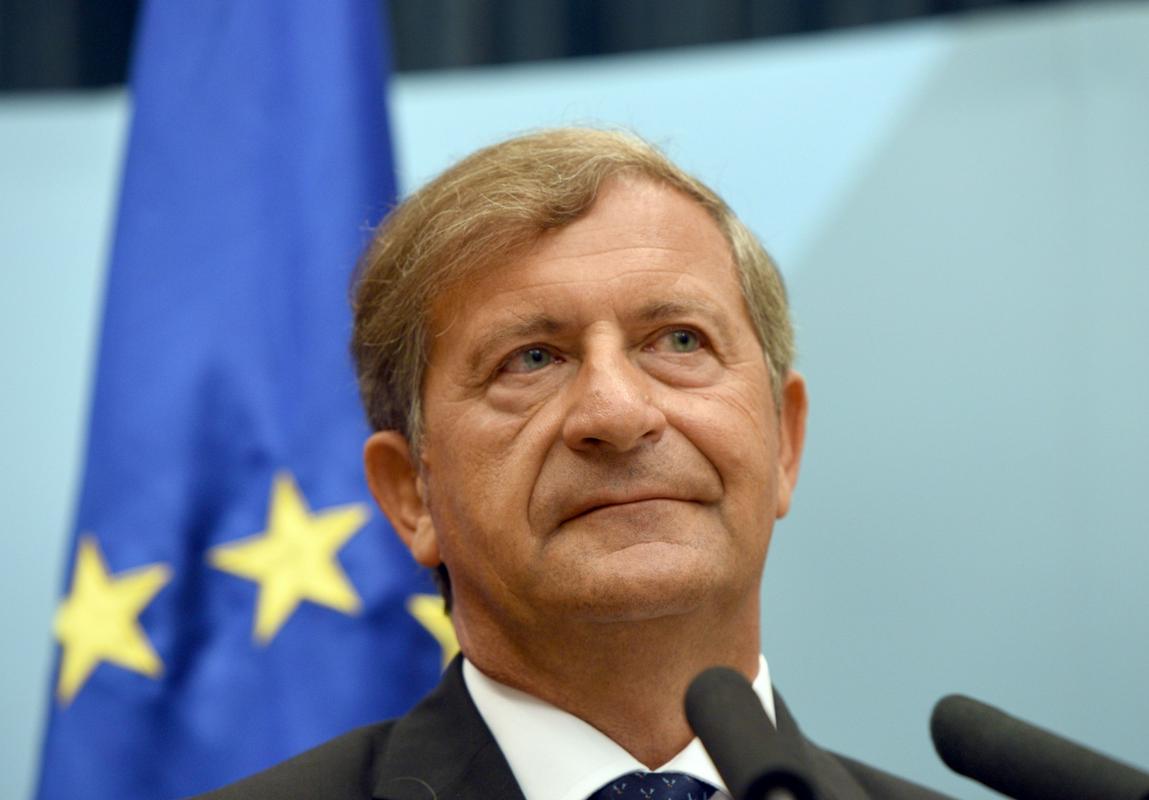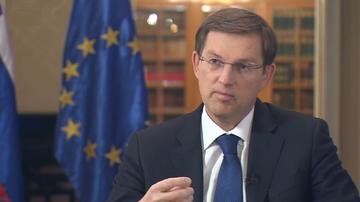
The Slovenian and Croatian sides presented their views. Now on the move is the European Commission. After presenting their arguments in writing, legal experts from both countries further explained their positions at the oral hearing in Brussels. A key question to which there is still no answer is how, and if it all, the commission will react.
The hearing was held at an expert, not political level, and the commission characterized it as an internal working meeting. Such meetings are usually not commented in Brussels. The content of the discussion has not been disclosed.
So, what's next? Foreign Minister Karl Erjavec explains that they will first prepare a report for the other commissioners. "The college of commissioners will then decide whether to issue a special opinion, which would then be included in the procedure at the EU court in Luxembourg."
However, it's not necessary that the commission issues an opinion at all. We’ll find out whether it does so, or not, by the 18th of June at the latest. According to Foreign Minister Karl Erjavec, the Slovenian team has done well. "The letter, which was addressed to the European Commission, was well argued. The European Commission attempted to establish a link between the non-implementation of the arbitration award and EU law. Our representatives in Brussels gave expert-based answers, while the Croatian side presented no new arguments."
And while the Slovenian side presented itself professionally, according to Erjavec, the Croatian side presented only political arguments. "They're building their position on a basis that the arbitration award is non-existent, and as it doesn't exist it cannot violate EU law."
The Slovenian foreign minister added that the commission knows how to ask real expert questions, in order to determine a link between the non-implementation of the ruling and EU law.
The Croatian State Secretary at the Foreign Ministry and head of the Croatian delegation, Andreja Metelko-Zgombić, told Croatian journalists in Brussels that she expected from the commission not to support Slovenia's lawsuit and that Brussels was more inclined towards Croatia's standpoint. Zagreb is convinced that by rejecting the border arbitration procedure it is not violating EU law.





























































